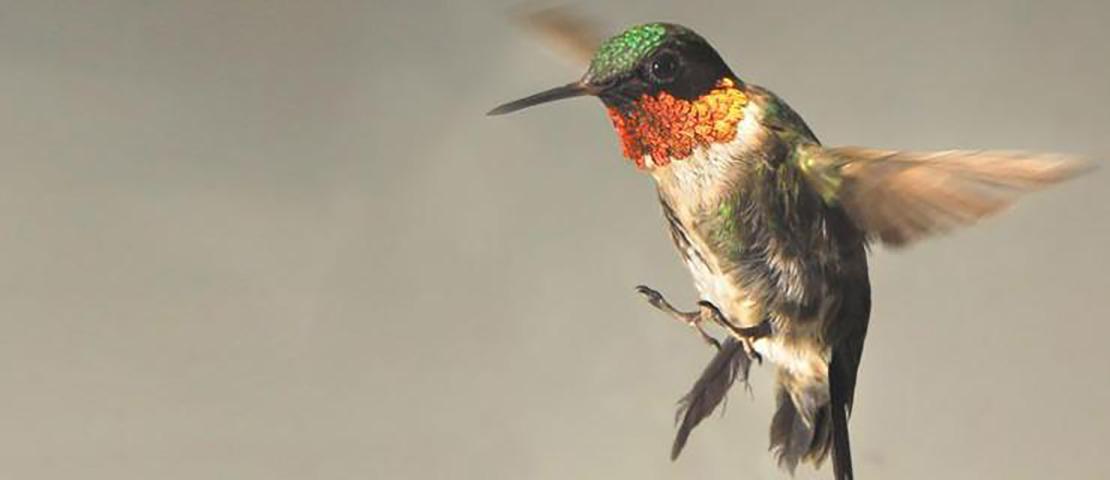Core Members: Stephen Reid, Ken Welch, Cosima Porteus
Associated Members: Rudy Boonstra, Andrew Mason, Joanne Nash
Research Focus: Physiological Adaptations to a Changing Environment
Animal physiology is the study of how animals (including humans) work. The study of physiology has enormous practical applications as it is one of the key disciplines required for an understanding of health and disease in humans and other animals. Comparative physiology seeks to use model animal systems which can best address specific questions and has three main themes: i.) What are the mechanisms by which a particular function/process is accomplished? Inherent in the study of physiological mechanism is the direct link to how physiological processes are altered in the diseased state; ii.) What are the evolutionary origins of a particular mechanism and can a particular mechanism be described or identified as an adaptation to a particular problem or situation; iii.) How do various mechanisms and adaptations allow animals within their natural habitats to cope with environmental challenges, and what happens when environmental change occurs so as to render these adaptations insufficient? Inherent in almost all studies of comparative physiology is the question of how animals adapt to their environment. With the global climate changing at a rapidly accelerating pace, the study of how animals adapt to environmental change is taking on an ever-increasing importance.
